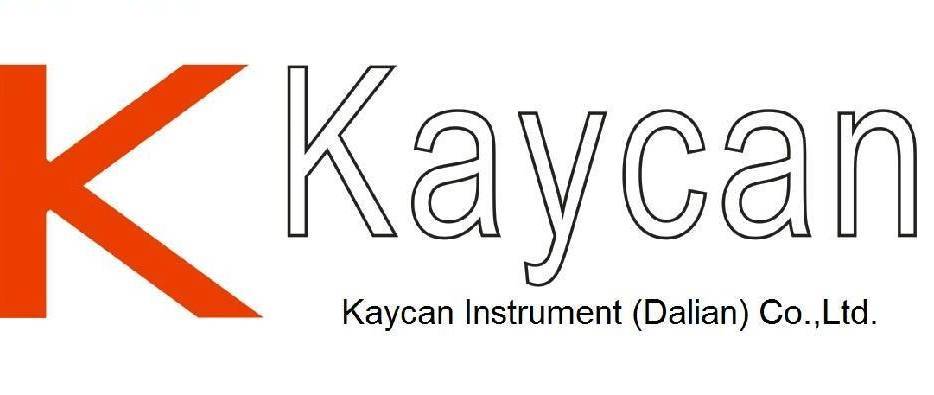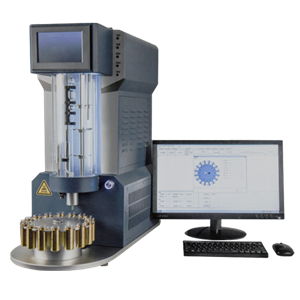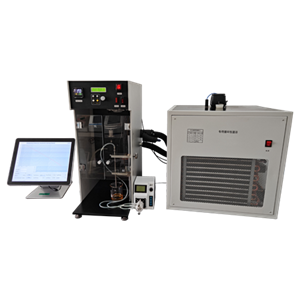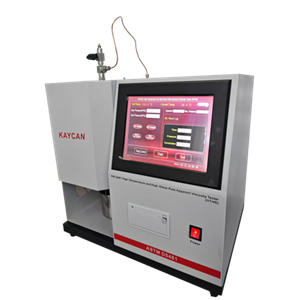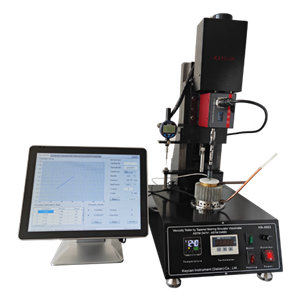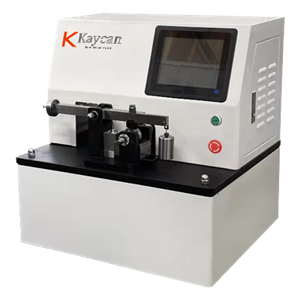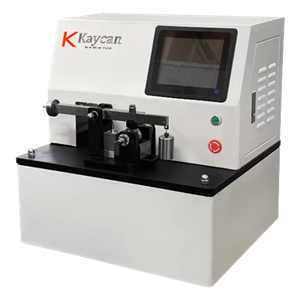Measurement of Lubricity of Aviation Turbine Fuels by BOCLE
Wear due to excessive friction resulting in shortened life of engine components such as fuel pumps and fuel controls has sometimes been ascribed to lack of lubricity in an aviation fuel
The relationship of test results to aviation fuel system component distress due to wear has been demonstrated for some fuel/hardware combinations where boundary lubrication is a factor in the operation of the component
THe wear scar generated in the ball-on-cylinder lubricity evaluator (BOCLE) test is sensitive to contamination of the fluids and test materials, the presence of oxygen and water in the atmosphere, and the temperature of the test. Lubricity measurements are also sensitive to trace materials acquired during sampling and storage.
The BOCLE test method may not directly reflect operating conditions of engine hardware. For example, some fuels that contain a high content of certain sulfur compounds can give anomalous test results.


